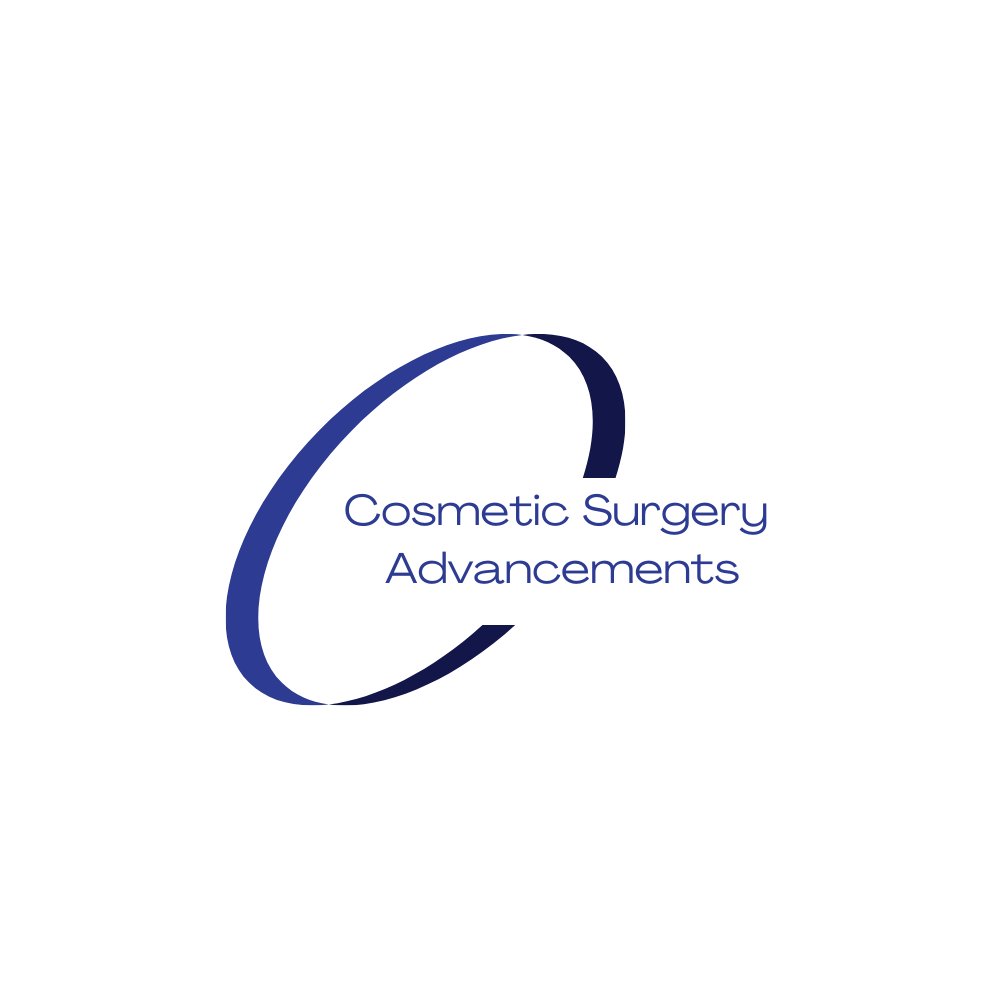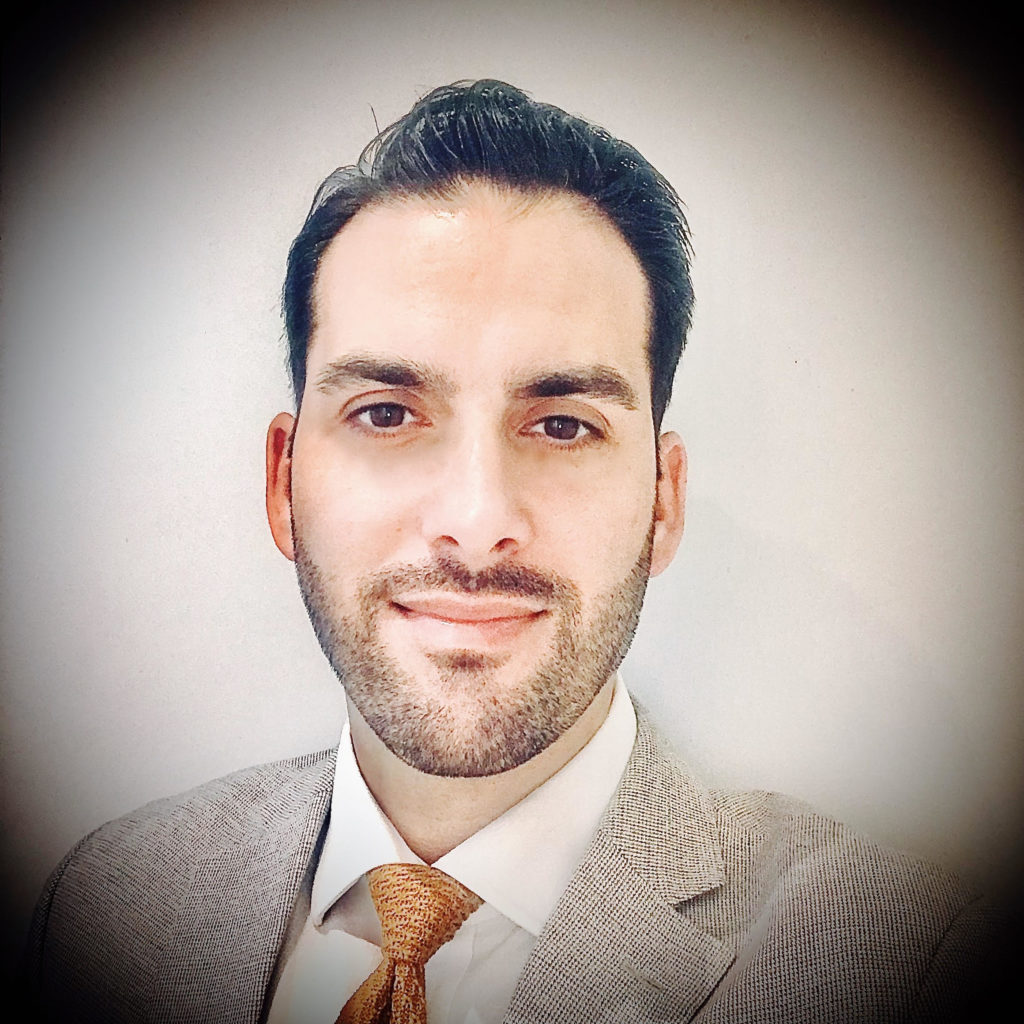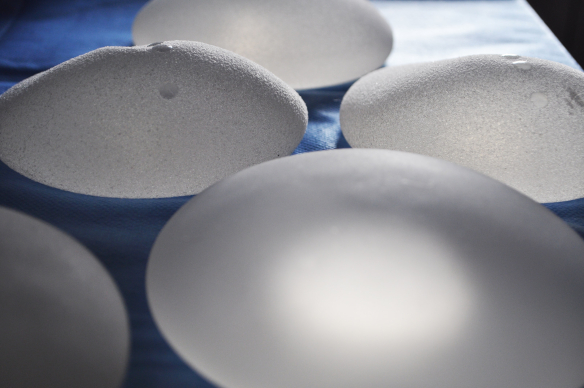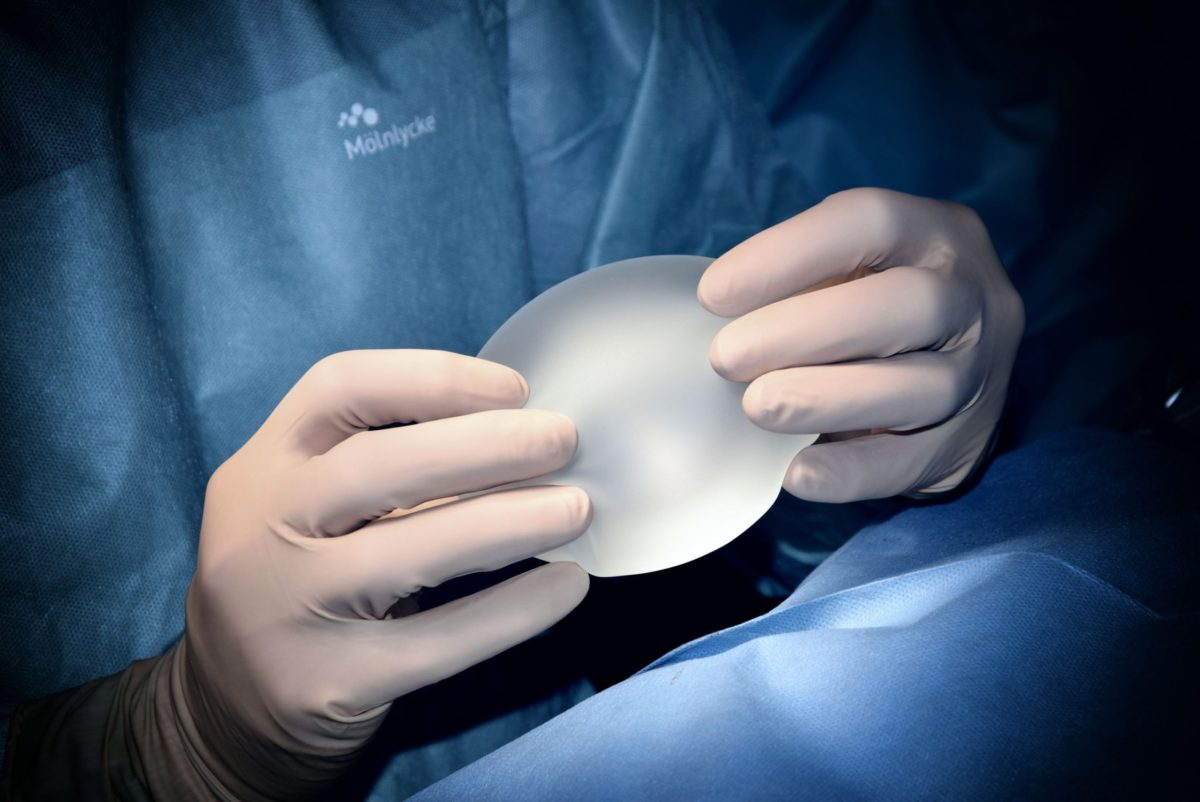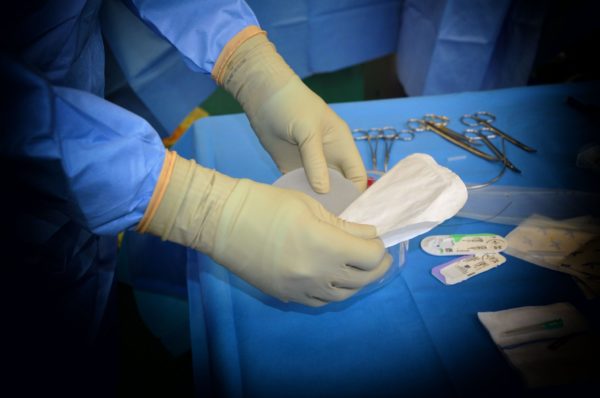This post briefly covers the key information about regulation in the UK around who can legally perform cosmetic surgery and use the title cosmetic surgeon. I was also lucky enough to be able to speak with a specialist UK plastic surgeon Andrej Salibi FRCS(Plast), about new regulations happening in the UK and hope you enjoy the interview.
Cosmetic Surgery Regulation in the UK
In the UK it is legal for any type of surgeon registered on the General Medical Council (GMC) specialist register to perform cosmetic surgery.
Unscrupulous surgeons who want to take the quick route into performing cosmetic surgery can ‘learn’ how to perform various cosmetic surgery procedures with organisations like the European College of Aesthetic Medicine & Surgery. Their training includes a two day course in advanced aesthetic breast augmentation, with one day live surgery observation and only one day hands on live surgery, and similar courses in fat transfer and liposuction.
The Cosmetic Surgery Certification Scheme
The Royal College of Surgeons (RCS) has recognised that the title Cosmetic Surgeon can be extremely misleading, especially as the letters FRCS can be used by any surgeon who is a fellow of the royal college of surgeons. In an attempt to make it clearer to anyone who is considering having cosmetic surgery and ensure that all patients who have cosmetic surgery are treated by surgeons on specialist registers, in their areas of expertise, the RCS run the Cosmetic Surgery Certification scheme.
The scheme is open to surgeons on the General Medical Council’s (GMC) specialist register of specific specialties, who want to prove that they are competent at cosmetic surgery. The aim is to ensure that all patients who have cosmetic surgery are treated by surgeons on specialist registers, that only perform cosmetic surgery that is related to their area of expertise.
To apply for the Cosmetic Surgery Certification surgeons are required to provide a summary of evidence that demonstrates experience in their chosen area of cosmetic surgery. The areas of specialty are:
- General surgery
- Otolaryngology (ear, nose, and throat doctor – ENT)
- Maxillofacial surgery (jaw and lower face – maxillofacial area)
- Oral and maxillofacial surgery (jaw and lower face – maxillofacial area, roof of mouth and teeth)
Plastic surgeons are the only specialty of surgeons that train in all areas of reconstructive and aesthetic surgery and can apply for all areas of cosmetic surgery, under the scheme. Plastic surgeons spend two years completing core surgical training and plastic surgery speciality training lasts a further six years.
Below are the other specialties of surgeons on the GMC specialist register and the cosmetic surgery procedures they can perform, under the regulations and rules set out by the Cosmetic Surgery Certification:
Cosmetic breast surgery
General surgery (with a declared interest in breast surgery)
Cosmetic nasal surgery
Otolaryngology Oral
Maxillofacial surgery
Cosmetic surgery of the periorbital region
Ophthalmology (with a declared interest in oculoplastic surgery)
Oral and maxillofacial surgery
Otolaryngology
Cosmetic surgery of the ear
Otolaryngology
Oral and maxillofacial surgery
Cosmetic facial contouring surgery
Otolaryngology
Oral and maxillofacial surgery
Cosmetic surgery of the face
Oral and maxillofacial surgery
Otolaryngology
Cosmetic surgery of the face/nose/periorbital region/ears
Oral and maxillofacial surgery
Otolaryngology
To apply for the Cosmetic Surgery Certification application evidence is required and includes:
- Activity report from your provider that demonstrates evidence of your operation numbers eg hospital list(s) that includes; date of procedure, hospital site and name of the procedure
- BAAPS Audit
- PHIN data Clinical Outcomes
- Four complex case reviews that include; Date, Hospital site, location of event, your role, procedure type. Description of the event/problem
- Name of colleague with whom you discussed the case
- Description of the outcome and reflection
- In place of one case, applicants can provide evidence of active participation in an M&M meeting which changed a procedure or local protocol, and which led to an improvement in cosmetic surgery
- Two references, one should be from your clinical director or a referee nominated by your clinical director, and the other a senior colleague/consultant.
I am pleased to see that the British Association of Aesthetic Plastic Surgeons (BAAPS) audit and PHIN data from clinical outcomes are required. My main concern is that specialists who perform cosmetic surgery only have to provide three or four complex case reviews.
Interview With Mr Andrej Salibi FRCS(Plast)
I spoke to a UK plastic surgeon, Mr Andrej Salibi FRCS (Plast) and member of the British Association of Aesthetic Plastic Surgeons (BAAPS) about his thoughts on the scheme and current regulation around cosmetic surgery in the UK.
Thanks for being here today Mr Andrej Salibi FRCS(Plast) what is your view about the Cosmetic Surgery Certification scheme?
I strongly feel cosmetic surgery needs to be its own subspecialty of plastic surgery.
My concern is that the Cosmetic Surgery Certification scheme run by the Royal College of Surgeons (RCS) puts other specialties in the same category as plastic surgeons. This fails to recognise plastic surgeons as a separate specialty, who have been trained specifically in plastic and reconstructive surgery.
Having said that, I do acknowledge that there are some excellent surgeons who have had extensive experience in areas traditionally covered by plastic surgeons.
After checking the GMC specialist register, how can individuals find a good plastic surgeon in the UK?
Patients need to take the time to educate themselves about the procedure prior to the consultation. The British Association of Aesthetic Plastic Surgeons (BAAPS) site has extensive resources with information about various cosmetic surgery procedures.
What is your advice to get the most out of a consultation?
Have a list of questions to ask your surgeon about the cosmetic surgery procedure including their experience, technique and the associated risks and complications.
What is your advice for someone who wants to have cheaper cosmetic surgery abroad?
If you are considering a cheaper deal abroad, check if the surgeon is a member of the International Society of Plastic Surgery (ISAPS).
It is also important to consider what you will do if there are complications. This could be directly after the procedure and may require time in a private hospital which could have a high charge, or at a later date when you have returned to the UK.
Complications from breast augmentation with implants, such as capsular contraction or bottoming out, may occur months or even years later and the results from rhinoplasty do not show completely for a year. There is also the possibility of poor hospital regulation and standards of care, which could increase the risk of infections or other serious complications.
When should the risks and complications be discussed?
The risks and complications should be discussed during the first consultation and prior to any payment. This should be with the plastic surgeon that will be performing the procedure.
What is the recommended cooling off period?
The British Association of Aesthetic Plastic Surgeons (BAAPS) recommend a cooling off period of at least two weeks.
Any other advice?
The surgeon should be happy to answer additional questions or arrange a second consultation without charge. Check where you look for reviews, most websites do not verify the reviews. I am a member of Doctify which is a verified website that has a strict process to prevent fake reviews.
My Opinion
There are surgeons in other specialties that do aesthetic procedures but the only specialty trained in all aesthetic procedures is plastic surgery. I do not think the requirements to be eligible for the cosmetic surgery certification compare to the minimum six years of specialist training in plastic surgery that is required to become a plastic surgeon on the GMC specialist register.
Annabelle Baugh | Founder
